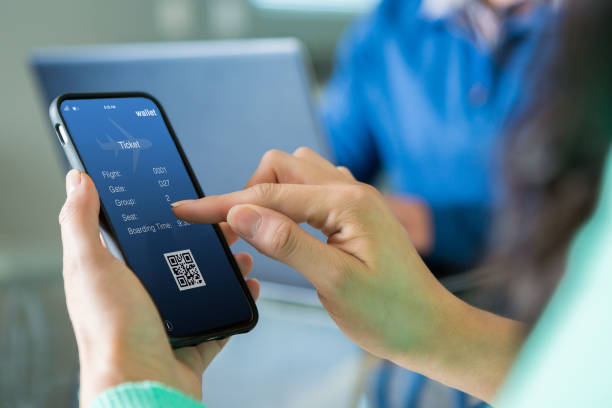One would assume that the monthly promise of “unlimited calls, texts, and data” would really be honored. Unlimited. Without any constraints or conditions. On the other hand, mobile and internet companies seem to be free to state anything they want in their advertisements in the strange world of telecom advertising. Since a so-called “fair usage” limitation is usually applied, even “unlimited” data plans are seldom really limitless.
To be fair, the reasonable use limit included in most prepaid mobile plans is likely to be much in excess of the requirements of the great majority of users. In any case, you should be aware of it so as to avoid going too far. If you go over your monthly data cap with some plans, you will be charged per additional megabyte. Which may pile up really rapidly. In other cases, your service provider may not charge you, but it may severely restrict your connection speed. Check the terms and conditions of any plan you’re considering before committing to it; even ‘unlimited’ plans have fair use limitations that might leave you short.
Using the information on mobile plans
Experts recommend avoiding “unlimited” plans in favor of “data buckets” if your data use is expected to be under 10 GB per month. Among the 2,001 persons surveyed, 22% were between the ages of 55 and 64, and 19% were 65 and older in the United States. Nine percent of those aged 55 to 64 reported using more data, while just four percent of those aged 65 and higher made such a claim.
Over the next several years, we are transitioning from 4G to 5G, so you should make sure your strategy covers 5G and faster connectivity. As an added bonus, 5G isn’t necessarily more expensive in mobile plans in Australia. Don’t be excessively seduced by the new toy, called 5G since 90 percent of older adults may well not perceive the speed improvement over 4G, while doing things like streaming Netflix.
Help! I’ve just arrived; I’m not sure where to start!
Since you’re starting over, the options and procedures are easier to understand whether you’re a first-time visitor to Japan (or a frequent flyer). You may require a SIM card if you already possess a smartphone that can connect to Japan’s wireless networks. For more on SIM-only mobile phone plans in Japan, check our guidance provided here. If you’re here because you need a new phone, skip the following paragraph.
Since I’ll be here for a long, I may as well make some money!
Whether you already have Japanese mobile coverage, you should check your contract to see if you are nearing the end of a period that would require you to pay an early termination charge before canceling service. Depending on how far along in your contract you are, these charges may quickly mount up and make any temporary savings from switching providers meaningless. A large number of alternative mobile plans service providers, however, provide incentives that may completely wipe off any termination penalties. Still, this may be a viable choice if you’re OK paying the whole price up front. In any event, if you’re interested in learning more about mobile phone coverage in Japan, check out our primer on the topic.
Payment in advance
You may choose to go this route if you just need one phone system on your account, seldom go over your monthly data limit, and aren’t interested in signing a contract. Confirm your coverage, any applicable limits, and any associated costs by reading the small print.














